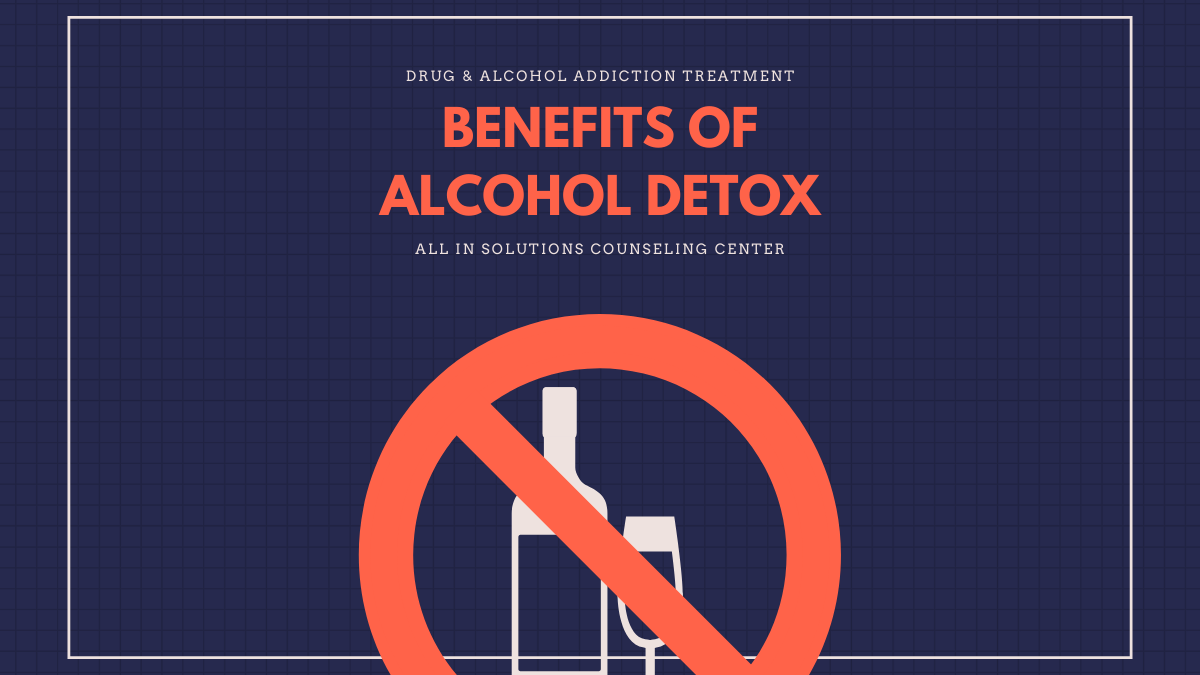It is difficult to quit drinking, especially for those who have been drinking for years. Despite alcohol being socially acceptable, many people succumb to its addictive nature. They use it to escape stressors or other problems. Our New Jersey alcohol rehab can help you if you are unsure about quitting alcohol, or if you have questions about where to start your journey to sobriety.
Drinking can pose health risks
It is important to be aware of the dangers of excessive or frequent alcohol consumption before you can reap the benefits of alcohol detox. You may be at greater risk for:
- Hepatitis A: Alcoholic Hepatitis
- Anxiety
- Arrhythmia (irregular beat)
- Cancer
- Cirrhosis
- Dementia
- Depression
- Digestive issues
- Fibrosis
- Hearing loss
- High blood pressure
- Diabetes and high sugar levels
- Pancreatitis
- Sexually transmitted infection
- Stroke
Heavy alcohol consumption can also lead to addiction. People turn to alcohol to get emotional support, or to have fun. But eventually they become dependent on it. It’s better not to wait years to quit drinking if you notice yourself getting more addicted to alcohol.
There are many health benefits to quitting drinking alcohol
The brain, liver, brain and gut all recover naturally after alcohol withdrawal or cessation. Once you have overcome the withdrawal symptoms, you will soon notice the many benefits to quitting alcohol consumption.
- Skin that is healthier: You may have heard the term “alcoholic face” before. It refers to the effects of alcohol on your skin. These include broken capillaries, skin dryness, skin inflammation, dry skin, skin sag, skin sag, skin saggy, skin dehydration, skin sag, and skin sag. Your body slowly restores collagen and skin elasticity when you stop drinking. People who stop drinking for a while experience less reddening and jaundice.
- Better sleep: Poor sleep is linked to alcohol, as it interferes with the body’s natural sleep cycle. Alcohol can also relax the muscles of the throat, increasing your chances of developing sleep apnea. You will notice a greater improvement in your sleep if you avoid alcohol and practice good sleep hygiene.
- A healthier weight: Alcohol is often high in empty calories, sugar, or carbohydrates. This can lead to excess weight gain. Your metabolism is also affected by alcohol. You can consume 600 calories or more in alcohol if you binge drink. If you combine regular exercise with a healthier diet, quitting alcohol will help you to regain and keep a healthy weight.
- Improving immune system function: Alcohol may cause a disruption in your immune system’s ability to produce enough white blood cells to fight infection and disease. People who have drank for a long time are more likely to get tuberculosis and pneumonia.
- Better nutrition:Due to the high amount of calories, carbs and sugars in alcohol, heavy drinkers tend to “drink their meals” rather than eating healthy foods. Alcohol can replace food and cause problems with digestion, storage, utilization, and metabolism. You can have healthier food by quitting drinking.
- Lower risk of developing cancer: Alcohol, which is a carcinogen means it has a higher risk of developing cancers such as colon, rectal, and breast cancer. The American Society of Clinical Oncology shared the belief that alcohol can reduce the risk of complications such as cancer recurrence and secondary primary tumors (SPTs), during treatment for cancer. 1
- Better mental health: There is a high rate of comorbidity among drinking alcohol and mental illness. This includes disorders such as anxiety, depression and schizophrenia. The National Survey on Drug Use and Health found that 9.2 million Americans experienced mental illness and addiction in 2018. However, nearly 60% of them received no treatment or addiction. 2 Alcohol and mental illnesses can negatively impact each other, creating an ongoing vicious cycle. People with mental disorders often turn to alcohol for coping. However, alcohol can physically impact chemical messengers in their brains, causing them to stop naturally releasing mood-boosting hormones.
- Better memory and cognition. Excessive drinking can lead to the shrinkage of the hippocampus, which is the part that controls memory and learning. Long-term and chronic drinkers can experience memory problems. Stopping drinking can reverse the detrimental effects of alcohol on cognition. This includes functions such as problem-solving and memory.
How medical alcohol detox can help
Alcohol has a high risk of dependence and addiction due to its effects on GABA neurotransmitter. Alcohol addiction is more common for those who drink alcohol regularly. Addiction can lead to mental and physical problems.
While we stand behind the benefits of quitting drinking, we do not recommend that anyone start this journey on their own without consulting a physician. Our New Jeresy treatment center recommends a medically monitored detox for alcohol, especially for those who have been drinking for a long time and for people with alcohol abuse disorders. This will avoid seizures and other physical complications.
It is well-known that alcohol withdrawal is one of the most difficult. Medical support is recommended to help you quit. Private detox facilities provides 24-hour medical and detox support to address withdrawals and prevent any complications.
Reach out if you or someone you love is suffering from substance abuse. For more information, call All In Solutions Treatment Centers at 855-762-39796.
Sources:
- Journal of Clinical Oncology: Alcohol and Cancer: Statement of the American Society of Clinical Oncology
- SAMHSA – Key Substance Use and Mental Health Indicators for the United States: Results of the 2018 National Survey on Drug Use and Health





